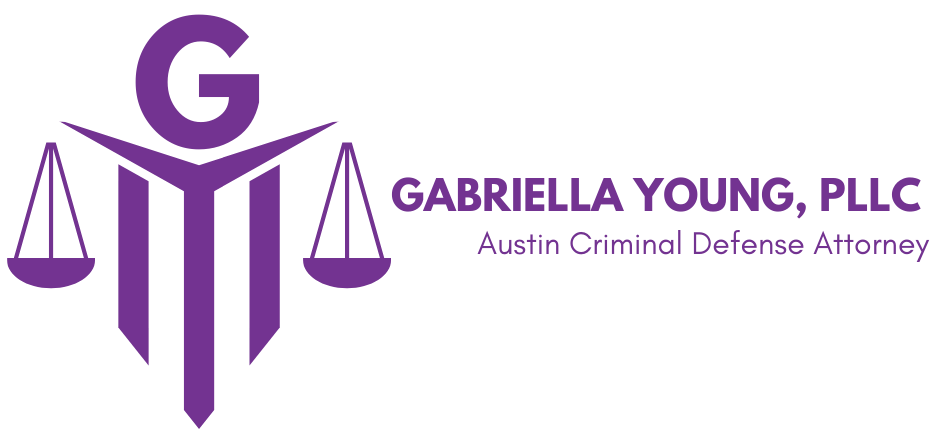DWI Charges In Texas. Statistics from the Texas Department of Transportation have indicated that every 20 minutes in the entire state, someone ends up getting seriously hurt or killed as the result of a crash that involves alcohol. Texas state law makes it clear that an individual will have committed a DWI, or driving while intoxicated, offense whenever the individual is intoxicated while in operation of a motor vehicle in any public place.
In terms of what exactly qualifies as being “intoxication” when it comes to state law, this means that an individual doesn’t have any normal use of their physical or mental faculties due to having consumed alcohol, drugs, or a combination of both and/or having a blood alcohol concentration of .08 (.04 for commercial drivers). Even if your blood alcohol content may not be at the legal limit, you can still be intoxicated if either mentally or physically, you are impaired due to the consumption of alcohol and/or drugs. Police officers will be able to determine overall level of impairment via a field sobriety test, as well as a test that measures blood alcohol concentration via breath sample.
The statute of DWI laws in the state of Texas falls under Texas Penal Code Section 49.04. DWI in Texas is classified as a Class B misdemeanor, with penalties for each offense including the following:
- For a first offense, there is a potential fine of up to $2,000, as well as a jail sentence of 180 days. Your license can also be suspended between a period of time of 90 days and one year. You may also need to pay an annual fee of up to $2,000 for a period of three years in order to be able to retain your license.
- For a second offense, there is a potential fine of up to $4,000, as well as a jail sentence of between one month and one year. Your license will also be suspended for a period of at least one year, and you may also need to pay a $2,000 annual fee for three years in order to retain your license.
- For a third offense, you will have to pay a flat fine of $10,000, as well as face a prison sentence of between two years and ten years. You will also have to pay an annual fee of $2,000 for three years in order to be able to retain your license.
- Other penalties may potentially include community service, DWI treatment and education programs, installation of an ignition interlock device, and an increase in your auto insurance premiums.
There are also additional offenses related to DWI in Texas, which include the following:
- If you refuse to submit to a sobriety test, your license can be suspended for 180 days if it’s your first offense, and two years if it’s your second offense.
- If it’s been determined that you have a DWI with a child as a passenger in the vehicle, this is a state jail felony that can result in a sentence of between 180 days and two years, as well as a fine of up to $10,000.
- If your blood alcohol concentration is 0.15 or more, then the DWI charge officially becomes a Class A misdemeanor. Punishments include a jail sentence of up to a year and a fine of up to $4,000.
Chances of Dismissal of DWI Texas
DWI Charges In Texas. Thankfully, there are plenty of useful defenses that can help you fight a DWI in Texas, especially when you obtain the assistance of an experienced defense attorney. One defense involves the attorney debating the overall legitimacy of the traffic stop itself, as well as the process involving field sobriety test administration and other forms of improper conduct on the part of the police.
Some of the most common affirmative DWI defenses include the following:
- Necessity
- Duress
- Entrapment
- Mistake of Fact
- Involuntary Intoxication
Alternatively, some of the most common drunk driving defenses include the following:
- Improper stop
- Administration and/or accuracy of field sobriety test
- Administration and/or accuracy of portable breathalyzer test
- Administration and/or accuracy of standard breathalyzer test
- Administration of a chain of custody blood test
- Increasing blood alcohol concentration
- Improper police actions
- Accused individual was not actually the driver

